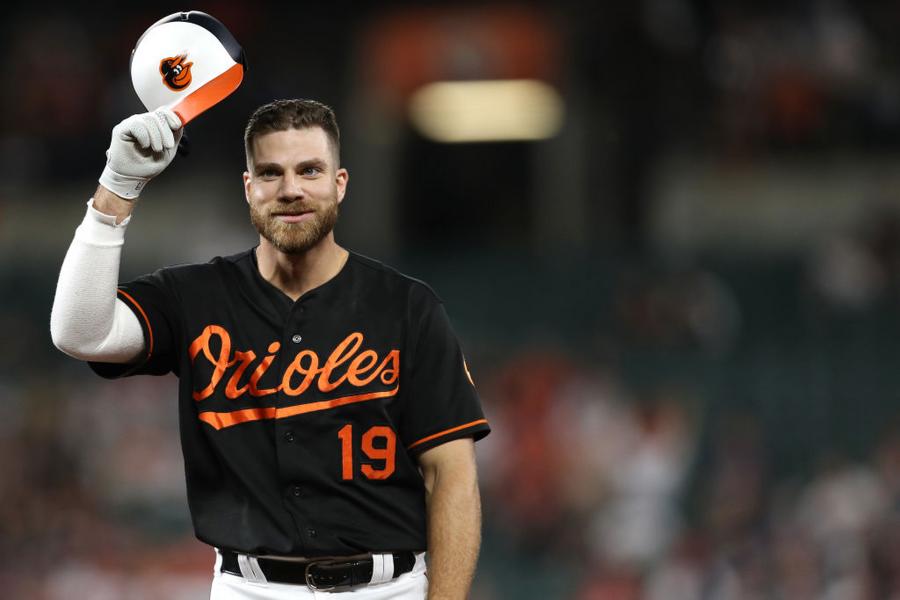Major League Baseball has certainly seen its fair share of outrageous contracts. Mike Trout owns the league's largest deal, signing a 12-year, $426.5 million extension with the Los Angeles Angels in 2019. Bryce Harper inked a $330 million deal for 13 years to join the Philadelphia Phillies. Aaron Judge just got $360 million from the New York Yankees over the next nine seasons.
While many players will be paid throughout the duration of their contracts, some guys have decided to take a portion of their deals as deferred payments. The team doesn't pay the player what they owe right away but agrees to make up the difference (and more) by a later date. This strategy can be beneficial for both the player and the team; the team gets some salary cap relief while the player earns his payments with interest, resulting in more money in the long term.
Sometimes, this move backfires tremendously. We're big fans of Bobby Bonilla, who retired in 2001 but has a deal with the New York Mets that will continue paying him more than $1 million every season until 2035.
That deal looks astronomically bad for the Mets, who will ultimately pay Bonilla $29.8 million instead of the $5.9 million that they owed him. Yet there might be an even worse contract out there.

Former Baltimore Orioles first baseman Chris Davis (Patrick Smith/Getty Images)
Let's jump back to early 2016. First baseman Chris Davis had just come off an impressive season, belting 47 home runs and 117 RBIs. That performance was three seasons removed from an All-Star appearance and a third-place finish in MVP voting. The Baltimore Orioles rewarded Davis with a seven-year, $161 million deal.
That would have been a fairly bad deal on its own since Davis almost immediately started struggling at the plate. He led the league with 219 strikeouts during the 2016 season and hit a measly .221 — and that was his best season batting average for the rest of his career. He played in a mere 16 games in 2020, hitting .115 with zero home runs and one RBI. That turned out to be his final season.
After signing the contract extension, Davis hit .196 and struck out 762 times in 1,851 plate appearances. He was striking out in more than four of every 10 at-bats, and while he still occasionally flashed signs of power, the home runs and RBIs were down, too.
But when they signed him to the extension, the Orioles opted to defer $42 million of Davis's salary over 15 years, and Davis chose to defer the final year of his contract in 2022 — worth $17 million — to be included over those 15 seasons.
Starting this season, Davis will make $9.16 million per year for three years. He hasn't played since 2020 and is currently the second-highest-paid player on the Orioles roster.
In 2026, Davis will make $3.5 million per year over the following seven years. He'll then receive $1.4 million yearly from 2033 to 2037 when his contract will finally come off the books.
All told, Davis will make just under $59 million in deferred payments, which will end when he's 51 years old. He also made $23 million in 2021, the year he retired from baseball due to injury.
We already celebrate Bobby Bonilla Day every July 1. It's about time we create a special holiday for Chris Davis, too.
Read more: Is This The Worst Contract In MLB History?


0 Comments